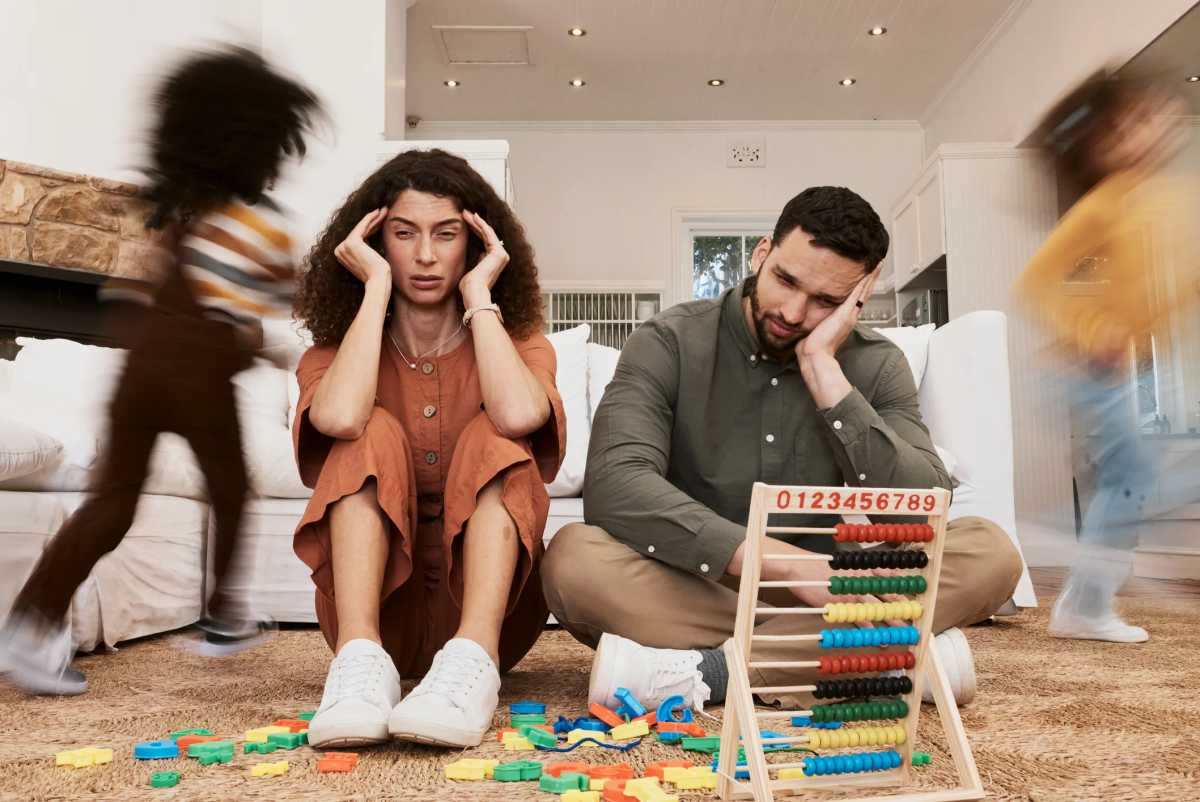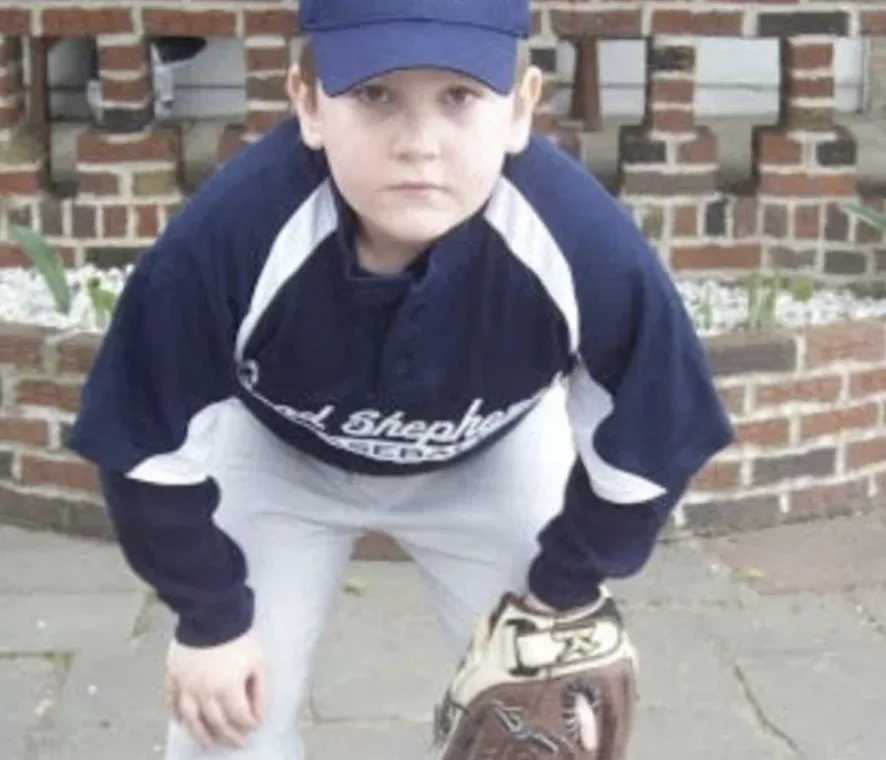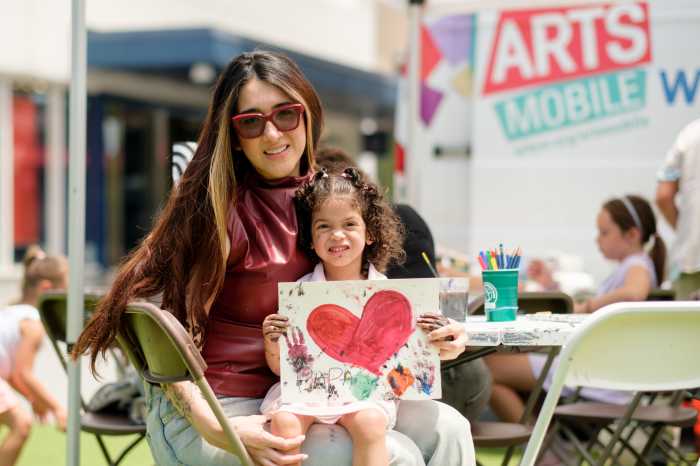Mommy, can we get a cupcake?
Sure.
Mommy, what are you going to get?
Nothing, for me! I’ll pay for it later.
The child doesn’t seem to react to her mother’s comment, but we can be sure that these words and others like it will begin to mold her child’s relationship with food and body image. This mother needs to be recognized as another one of us who lives with the critic that interferes with our joy. If we listen to ourselves we just might recognize these words or some variation, having spilled from our own lips before. If in those moments we bring awareness to our surroundings, guess who’s listening? Yes, our children, and they are watching too.
Let’s give this parent a do-over, a chance to use the interaction as a modeling experience. She could simply state; “My tummy doesn’t feel like eating something sweet right now, maybe I can bring one home for later. I will have my coffee while you enjoy your cupcake!”
Silence the Critic
This scenario plays out more frequently than we think. We have become a society of critics and we are the targets. The message is everywhere that some physical ideal is a point to be reached – a destination. When we think about raising children to value their body, we sometimes feel powerless over the outcome. With media messages, the influence of peers and an appearance-obsessed culture, we question if our children’s experiences can be positively influenced. Positive body image is critical to the healthy development of our sons and daughters. Why? Because a preoccupation with body shape, size and appearance detracts from healthy child development and influences self-esteem. Anne Wennerstrand, LCSW-R, a psychotherapist specializing in eating disorders and body image often deals with this issue in her practice, “Emphasis on body size is a detriment to health and well-being. Children learn to objectify their own body, judging it harshly from the ‘outside-in.”
Children internalize messages about themselves and how to view the world by observing and interacting with others, particularly parents. Societal impact aside, our behaviors, words and attitudes ultimately have the greatest influence on our children’s development. Think about that. How empowering! So, how do we know when we have arrived at the point of readiness to work toward body image consciousness? When we realize that the eyes through which we see ourselves are the eyes we lend to our children. There is hope. The obstacle is our own inner critic.
So what can a parent do to encourage a healthy body image and positive self-esteem? Take a careful look at ourselves; one layer at a time.
Take the Oath
Vow to release any guilt for all that has been said or done. Know that your transgressions are sure to be repeated, though each time with more awareness and hope for lasting change. Now, congratulate yourself for wanting to have a healthy influence on your child and move on.
Body Talk Let’s stop.
Stop talking about our body as if it is a separate identity from ourselves and something to be manipulated. If we view our own reflection with gratitude and kindness we will model this for our children. If there is an attempt to modify parts of ourselves, this can be done without “becoming” that body part. We are not our thighs. We are not just our abs. We are whole beings with various physical traits and all are different. When we compartmentalize ourselves we are unable to feel whole and cannot create a cohesive sense of self in our children. With some awareness and insight we can empower our children with a healthy mind to reflect a healthy mirror. There is no value in hating your own body. This view becomes the lens through which we see ourselves as well as the rest of the world.
Be Honest
Be honest with yourself about your own feelings about food and weight. Examine your beliefs about body size and how those thoughts influence your behaviors. Notice if you are comparing yourself or your child to others. Comparisons create a feeling of inadequacy and not being “good enough.” If you are critical of yourself or others evaluate why. Where did you receive those messages? How do you feel after criticizing? If you replace one criticism with a neutral, descriptive word, or even a compliment, you begin to establish the pathway for change. For example “I always eat too much” becomes, “It’s sometimes hard for me to know when I feel full.”
The Power of Words
Be mindful of the words used to describe your own body and the bodies of others. Fat, skinny and thin are neutral words when describing an object, but become a judgment when labeling a person. If you find yourself commenting about someone’s appearance, practice noticing his or her emotional state or actions; especially when acknowledging your child. When your daughter comes running to you wearing all that is hung in her closet, refrain from initially commenting on how pretty she looks (of course she is the sweetest thing in sparkles!). First describe her emotion, “Look at that big happy smile!” Then of course reinforce her beauty and creativity, “Look what you put together! You sparkle!”
Say No to Diet Talk
Avoid talk of diets, weight and clothing size. Practice self-acceptance, and if you are making lifestyle changes, this can be shared in a non-appearance focused way. “I run because I feel energized and strong.” “I am eating more foods that give my body energy.” Tracy Fiore Lingeza, local business owner and mother of three, recognizes the importance of a body positive approach to parenting, “I avoid associating physical fitness and eating with losing weight … I teach my children that we exercise, sleep and make good choices to have a healthy body.” Ultimately, the goal is to model a healthy relationship with food, rid the deprivation mentality and teach that our bodies are vehicles to be properly fueled and cared for.
Encourage Body Gratitude
Educate children about differences. Teach that all bodies come in different shapes and sizes and no one body is right or perfect. Encourage your child to be grateful for all that their body enables them to do. To wake up every morning, run, jump and play. Try this exercise with your child (and yourself) to create body awareness.
Stand behind your child in the mirror and begin by describing what you see in your child’s reflection: I see two eyes that see the world.
What do you see?
I see one mouth that speaks kind words and two arms that can climb a tree!
What do you see?
Continue as long as you are both engaged. It may feel contrived at first, but by keeping it brief or even playful you and your child can begin to create some wonderful positive body reflections. The goal is to introduce the wondrous purpose and function of our body for more that we can simply see.
During my own days of less-than-positive body image, I have made the effort to notice the strength of my arms that hold my children and the stamina of my legs that trek up and down flights of stairs with children, groceries, a diaper bag and purse!
Encourage Discussions
Avoid dismissing a child’s negative comments about themselves or others. Take this opportunity to explore their beliefs about their body and inquire about their experiences. Honest, open communication creates a hammock of support.
It’s time to take back our children from the restraints of image, the value on exteriors and release them from our own personal constraints. Our children’s body and self-image begins with our own! Parents are not destined to repeat the messages and behaviors they have internalized. No one can script the outcome or guarantee that our children will be without struggles. Yet, parents can sketch the image of a loving self for children to trace, even if they sometimes go off the line. The goal is to raise our children to love the skin they’re in and be a keen observer of their reflection rather than a critic.
Theresa Artuso D’Onofrio, LCSW, is a Westchester-based psychotherapist and speaker specializing in the treatment of eating disorders and body image. Ms. Artuso D’Onofrio is the founder of For the Love of Your Body Project™, which is devoted to increasing awareness to support healthy body image through self-love and empowerment. theresaartuso.com
















